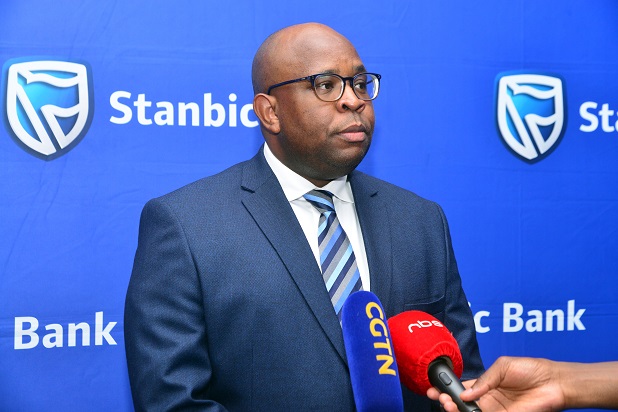St Mary’s college Kisubi, one of the catholic founded schools/Courtesy photo
The Uganda Episcopal Conference (UEC) has begun taking steps to regulate and even reduce the amount of money students must pay in school fees and other forms of payment at institutions affiliated to the Catholic Church and its linked organisations.
The action is being taken at a time when the faithful and general public are protesting the outrageous tuition charges by schools founded by churches, especially those that receive government support in form of grants and capitation.
Rev. Fr. Ronald Okello, Executive Secretary for Education at UEC/Catholic Secretariat, says the issue has been thoroughly examined by the secretariat and the bishops themselves, with procedures to tackle it already in motion.
The fact that these schools are run by separate dioceses is the primary difficulty the system is now encountering, according to Rev. Fr. Okello. But he insists that they would consult with various institutions and dioceses in order to figure out how to tackle the problem at hand.
A sizable number of government-aided schools that are co-managed by the government and the catholic church were founded by the latter. However, through its various dioceses and religious orders like those of nuns and monks, the church also operates other educational establishments.
The aforementioned institutions, some of which date back to missionaries, were founded with the primary purpose of providing education to catholic children and serving as a vehicle for formation and evangelization. This required charging little or no fees.
According to Rev. Fr. Okello, in recent years it has been noticed that catholic church-founded schools charge expensive tuition— more than certain entirely private for-profit schools— which prevents kids from low-income households from attending them.
His comment resonates with the faithful as Catholics from many dioceses voiced a similar worry during the just finished consultations. The said consultations began in March as part of a two-year global Synod process announced by Pope Francis.
For instance, a report from Kampala Archdiocese indicates there are hues and cries, agonizing complaints and sorrows from church members over the school fees being charged by church schools which have gone far above the reach of poor church members.
“Reduce the fees of our Church schools, this will help all Christians to take their children to their religious schools and build a cohesive Church of tomorrow. Now parents are looking for low-cost schools and even if they are Muslim, those children are going to get lost without walking with their peers,” the report reads in part quoting views of the faithful.
Agnes Nakubulwa, a catholic and parishioner at Lubaga cathedral parish, notes that the church has to be compassionate with the poor and underprivileged.
“Church schools should be welcoming to the poor rather than being exclusive to the children of the wealthy,” says Nakubulwa. “I’ll give you an example. As a parishioner, I would like my daughter to attend our local girls’ school in Lubaga so that she can develop as a Catholic while also receiving a top-notch education, but alas, I am unable to pay the tuition.”
Nakubulwa is also incensed by the fact that when such institutions are being founded, the majority of the costs are covered by church members through fundraising.
Several top church founded primary and secondary schools charge between 1.5 million and 3 million shillings, especially so those that are categorised as traditional schools. Occasionally this amount rises since they also demand for other requirements.
The regulation of schools in Catholic church schools is not only being discussed in Uganda. Many episcopal conferences are also confronted with a similar challenge, and experts have advised that to make Catholic schools more affordable, dioceses, religious orders and individual schools are taking new steps.
Meanwhile, the Ministry of Education has been engaged in ongoing disputes over exorbitant fees with institutions that get government support for years. The problem has however come to light in the last two to three years, during which time schools drastically increased fees and cited COVID19 effects and rising commodity costs as justification.
Sometime before the start of the first term this year, Ismael Mulindwa, the Director of Basic Education suggested that it might have been better if the government had stopped sponsoring these institutions entirely.
“In addition to providing subsidies and grants for infrastructure development, the government pays the wages of teachers and instructors in government-aided schools,” Mulindwa said when our reporter asked him about the ever increasing school fees in such schools. “We are questioning why these institutions keep raising rates.”
The headteachers of the aforementioned schools, however, have insisted that individuals who are against PTA dues should also be aware that the same funds are also used to cover the wages of teachers who are not employed by the government, as well as for feeding and other essential school functions.
In the same development, the education ministry is currently making consultations that will be used to draft a statutory instrument that’s intended to regulate School fees and other charges in all education institutions of learning in Uganda.
-URN





